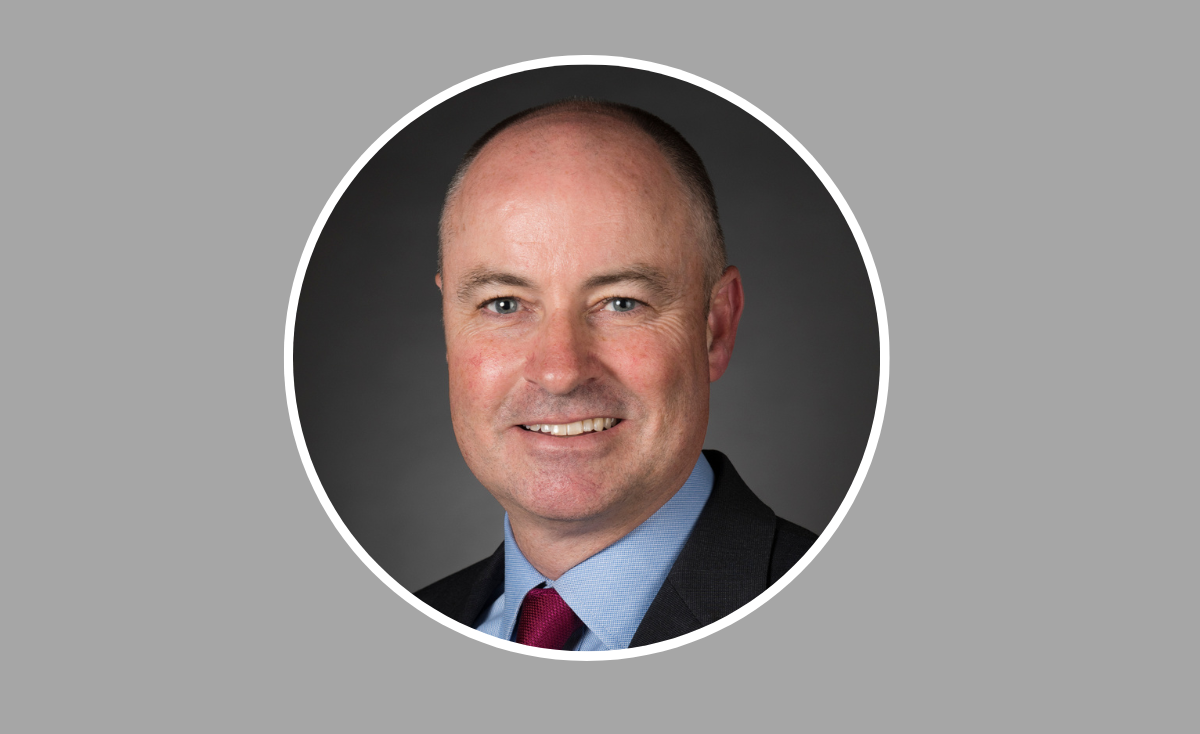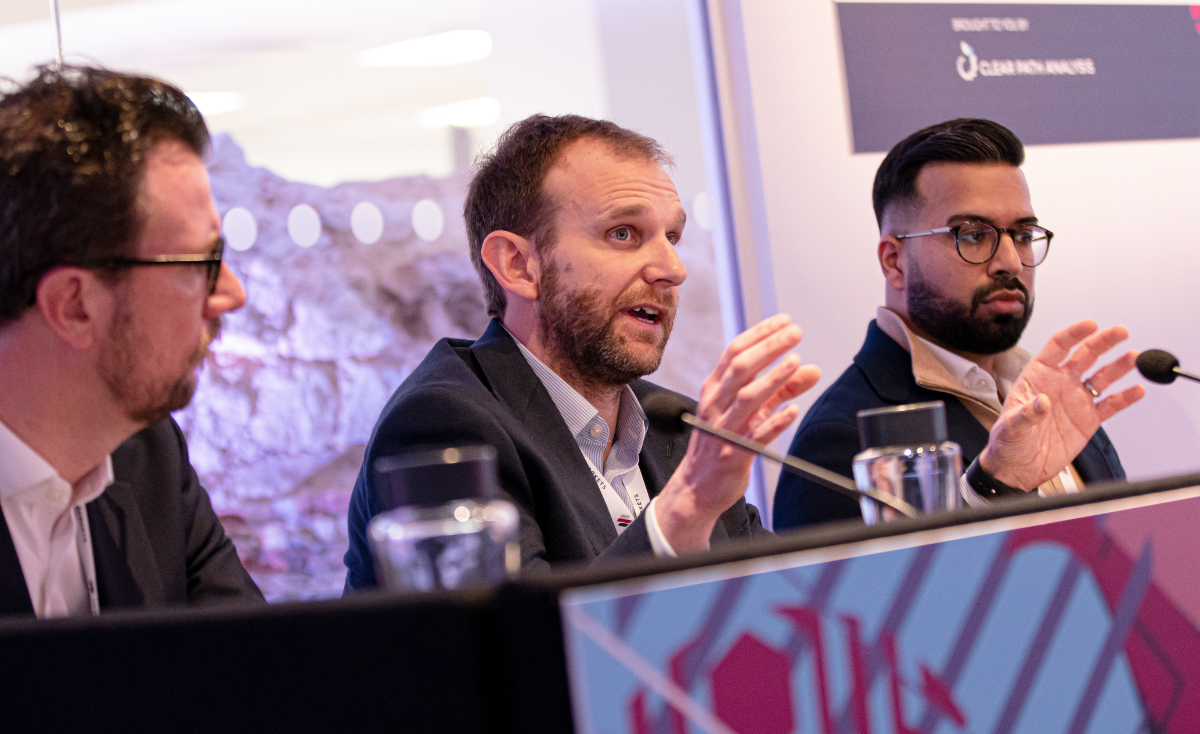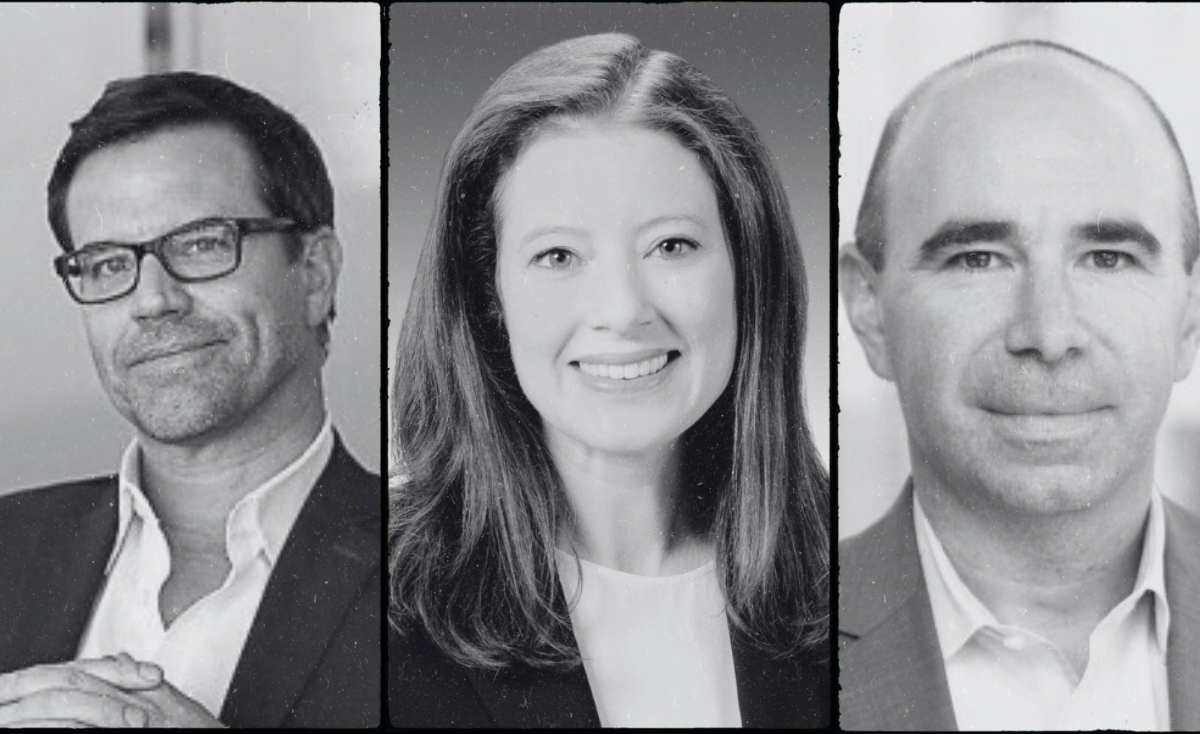Trends in data management fund operators need to know about
Paul Fahey, Senior Vice President, Head of Investment Data Science, Global Strategic Solutions, Northern Trust, discusses the role of front, middle, and back offices in data management procedures and the changes they are undergoing.
Fund Operator Editor POSTED ON 3/23/2023 3:07:39 PM
 Paul Fahey, Senior Vice President, Head of Investment Data Science, Global Strategic Solutions, Northern Trust.
Paul Fahey, Senior Vice President, Head of Investment Data Science, Global Strategic Solutions, Northern Trust.
Front, Middle, or Back
Shifting middle, back, and front office needs are prompting asset managers to redefine their data strategy and platforms – but how can operational managers stay on top of these changes?
In a recent Clear Path Analysis report, written in collaboration with Arcesium, several industry leaders in the operations sphere – including representatives from Seilern Asset Management, Northern Trust, Rothschild and Co Asset Management, and Federated Hermes – spoke about the need for a modern approach to data management and the current trends that needed to be understood to achieve these goals
“When we talk about the front, middle, and back office historically, the front office started with an order management system (OMS) right through to the end reporting,” said Paul Fahey, Senior Vice President, Head of Investment Data Science, Global Strategic Solutions, Northern Trust. Fahey was discussing what needed to be improved in data management to stay ahead of ever-evolving challenges.
“The approach we are now taking is to look behind the OMS at where the real front office exists – where the portfolio managers live and breathe."
An OMS is an electronic system developed to execute securities orders in a centralised and cost-effective manner – regardless of the channel through which they are received. Brokers and dealers use an OMS when filling orders for various types of securities, which then allows them to track the progress of each order as it travels throughout the system.
“The approach we are now taking is to look behind the OMS at where the real front office exists – where the portfolio managers live and breathe,” Fahey said.
Fahey added that when considering idea generation or portfolio construction processes, these factors sit behind the OMS – which is now where businesses should shift their attention.
It is critical that the OMS system in question fits an organisation’s processes – and vice versa. An SS&C EZE analysis said that “it is much more efficient to select a platform that can easily scale up and grow with you. The total cost of ownership (TCO) for expensive upgrades, custom enhancements, or system replacements will far outpace any initial investment you would have made in a more flexible platform.”
The company urges investment managers to look for an OMS that fits their future needs – rather than only planning for the short-term.
“Historically, unless you were a very large company with significant dedicated resources, this process required a series of analogue tools: Excel spreadsheets, word documents, emails, and maybe a chat where the individual portfolio teams collaborate,” Fahey said.
"From front, middle, and back office, we are seeing a consistency of data consumption throughout the process, from the portfolio construction through to investor reporting.”
Whilst these things do work and have done a decent job, he added that the other more analogue tools have not allowed for the best ideas to be identified because there is no digitalised process. “When these ideas are identified, we need to then make them scalable and repeatable. Data flow becomes a big component,” he said.
Fahey continued, saying that “if you think from front, middle, and back office, we are seeing a consistency of data consumption throughout the entire process, from the portfolio construction through to the regulatory and investor reporting.” This consistency of data and data consumption is paramount, he added, as without it a company opens itself up to mistakes, human error, and greenwashing fears.
Greenwashing highlighted
Touching on the topic of sustainability, Fahey said that the topic required more diligence from investment operations staff.
The panel discussion saw greenwashing discussed as a core organisational challenge that needed attention from stakeholders across all business units. The issue of greenwashing is widely seen as a something fund operators must we wary of and inadvertently falling into it has also been warned about - data and trading house, Intercontinental Exchange, which focuses on commodities markets, said there had to be more awareness from asset and investment managers on the issue and that data had to be rigorously checked before it could be input.
“Financial firms’ ability to protect themselves against accusations of greenwashing and to comply with disclosure requirements depends on access to comprehensive, timely, and detailed data,” they said in a 2022 analysis piece. “Investors will likely consider relying on ratings or other composite information to be insufficient to support their detailed due diligence requirements.”
“Accusations of greenwashing continue to surface and any need to reconcile one data set and another is going to generate real issues for managers and investors."
Fahey called attention to the issue of transferring data between teams and programs – which he said could highlight internal issues or cause discrepancies, inadvertently or not. This could be a serious issue facing fund operators – one which requires due diligence sooner rather than later and could mean additional resources need to be allocated toward operational infrastructure.
“Accusations of greenwashing continue to surface and any need to reconcile one data set and another is going to generate real issues for managers and investors,” he added.
Fahey and the other contributors in the report were all in agreement that a serious issue such as greenwashing – or other reporting inconsistencies – evidenced the necessity of stellar data management techniques for fund operators now and in the future. Otherwise, cutting corners could have dire consequences.
To see more of this interview, and read the report in full, please click here.
Please Sign In or Register to leave a Comment.
SUBSCRIBE
Get the recent popular stories straight into your inbox







